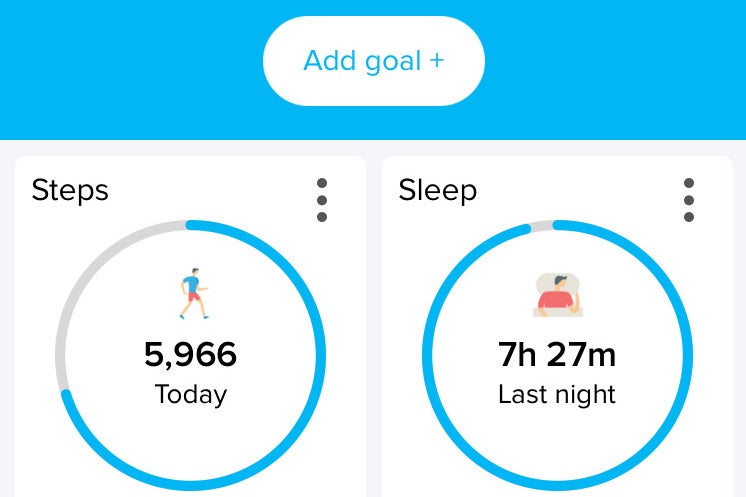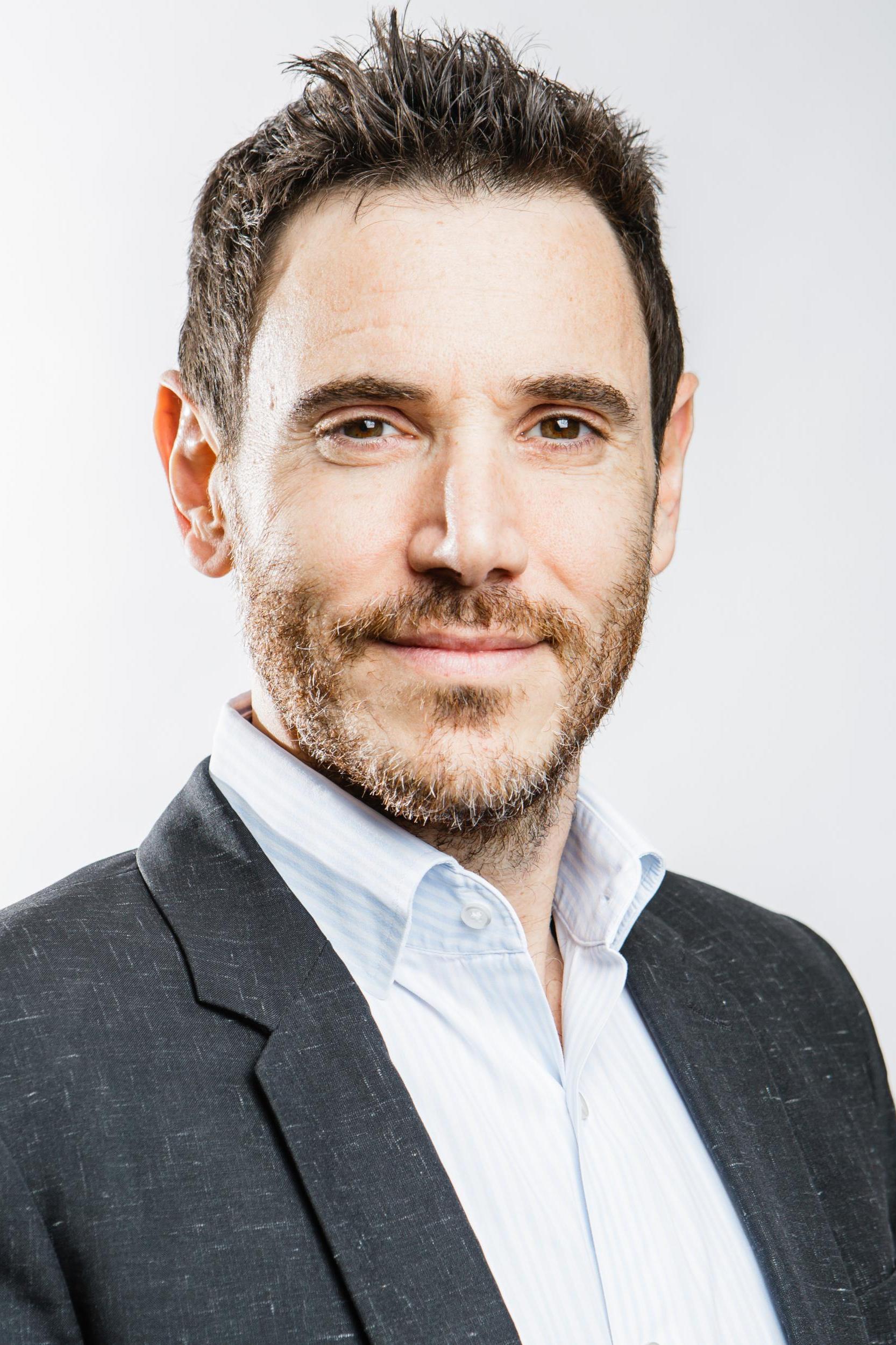Tictrac: the startup that wants to help solve the self care crisis
The platform aims to pull in material from over a thousand devices to help users better understand connected trends in their behaviour

Your support helps us to tell the story
From reproductive rights to climate change to Big Tech, The Independent is on the ground when the story is developing. Whether it's investigating the financials of Elon Musk's pro-Trump PAC or producing our latest documentary, 'The A Word', which shines a light on the American women fighting for reproductive rights, we know how important it is to parse out the facts from the messaging.
At such a critical moment in US history, we need reporters on the ground. Your donation allows us to keep sending journalists to speak to both sides of the story.
The Independent is trusted by Americans across the entire political spectrum. And unlike many other quality news outlets, we choose not to lock Americans out of our reporting and analysis with paywalls. We believe quality journalism should be available to everyone, paid for by those who can afford it.
Your support makes all the difference.Tictrac CEO and founder Martin Blinder may be a digital entrepreneur, but you’d be forgiven for thinking of him as a man hankering for a job as health minister.
After globe-trotting through the consumer web industry for over 15 years, in countries including Spain and the US, Argentina-born Mr Blinder founded London-based startup Tictrac in 2010 as a lifestyle platform.
Originally, it was designed to help people improve every element of their lives – from physical wellbeing to their relationships. But in 2012, Tictrac won a major industry award at a health tech conference and Mr Blinder subsequently decided to focus on providing a service specifically for people looking to become healthier.
“The biggest challenge in healthcare is about making sure people take responsibility for their own health,” says Mr Blinder. “A lot of us feel somewhat entitled to healthcare, that someone else will take care of us.”
He thinks that, if we want a health system that actually works, we need to stop shifting responsibility.
“People need to start taking a greater degree of accountability for their own health,” he says.
If what Mr Blinder is saying sounds familiar, then that’s probably because we’ve heard it before. The NHS calls it “patient activation” – a buzzword for their five-year plan to help people take better care of their own health and alleviate the burden on the health service.
Mr Blinder’s phrase, “empowering and engaging people in their health through their data”, is not quite as punchy, but it’s got the same goal in mind. And it is not necessarily a new idea. The notion of coupling technology with self-improvement was spawned in San Francisco in 2007 by journalist Gary Wolf’s blog the “Quantified Self”.
Tictrac’s core function - helping people monitor and improve health habits through data tracking - is replicated by countless other apps. But it says that it differentiates itself by offering to aggregate the information collected by those separate gadgets and turning it all into one big data dashboard.
It can be downloaded to a phone for free and has the capacity to connect to over a thousand other devices. Tictrac aims to pull in material from the Fitbits, Runkeepers and Apple watches of this world to enable users to understand connected trends in their behaviour. The example Mr Blinder uses is the possibility of correlating a lack of sleep or high blood pressure with an overloaded email inbox.

To simplify the data crunching, users set specific goals, such as weight loss, and choose the information they want Tictrac to evaluate. The platform then sets small challenges, such as walking for half an hour a day, that users accrue health points by completing.
A simple self-improvement tool for some, but Mr Blinder has his sights on bigger targets; his current crusade is diabetes prevention. Tictrac is working with health insurers across the US to tackle the disease by identifying potentially vulnerable users and recommending appropriate action plans. It is doing something similar with the Ministry of Health in Singapore, where all 4 million citizens have access to the platform.
So would Tictrac push for a similar partnership with the NHS? “Possibly,” says Mr Blinder, although he proceeds to mumble something pessimistic about bureaucracy.
The mission sounds worthy, but its success is as yet unknown. Mr Blinder is cagey on evidence that the platform actually helps reduce rates of diabetes and is only willing to say that “Tictrac has clear success markers for weight reduction, sleep improvement and other health indicators associated with type 2 diabetes". Essentially, testing is ongoing.
Could the platform’s analytics be used to evaluate national trends for diseases such as diabetes and help inform government policy? Possibly.
And do people really need a “digital health platform” to tell them to drink less and exercise regularly? The answer to that question, at least, seems to be ‘yes’. The Quantified Self Conference, hosted by Mr Wolf’s pioneering company of the same name, attracts up to 350 people on an annual basis, all of whom share their stories of miraculous health improvements thanks to personal analytics platforms.
Tictrac itself is gaining traction too. It raked in $5.3m in funding from its previous investment round in July 2016, and boasts tennis champion Sir Andy Murray as one of its backers.
The demand is real, but whether or not Tictrac can achieve its higher ambition of solving the self-care crisis remains to be seen.
Join our commenting forum
Join thought-provoking conversations, follow other Independent readers and see their replies
Comments